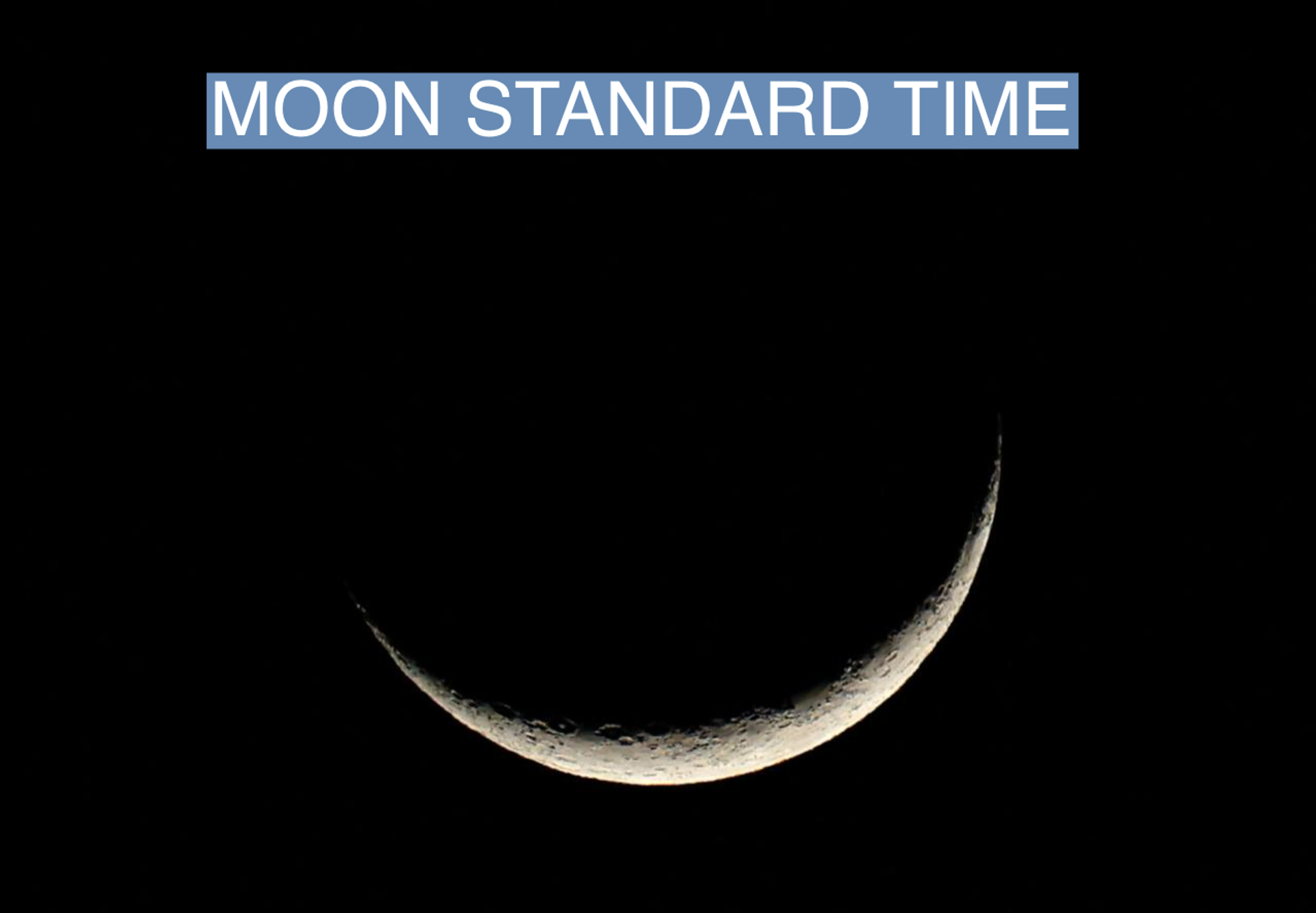The News
The European Space Agency is advocating for the creation of a lunar time zone. With several new missions to the moon planned in coming years, time-telling will be crucial for communications back on Earth, the agency said.
In this article:
Know More
At the moment, lunar time is calculated with deep space antennas, which measure time in sync with the time on Earth.
The ESA says that this method of time-telling won’t be sustainable as lunar exploration grows in the years ahead, especially after the construction of the Gateway space station, which will regularly host astronauts.
Moon time will need to be standardized, so the ESA expects it will need to collaborate with other international space agencies in order to agree on the timing.
Time standardization is not new: Coordinated Universal Time, known as UTC, is already in place globally as a regular measurement for aviation, banking, and the internet.
Quoteworthy
“This will be quite a challenge on a planetary surface where in the equatorial region each day is 29.5 days long, including freezing fortnight-long lunar nights, with the whole of Earth just a small blue circle in the dark sky,” said Bernhard Hufenbach, a member of the ESA’s Moonlight Management Team. “But having established a working time system for the Moon, we can go on to do the same for other planetary destinations.”
The View From NASA
The ESA isn’t alone in wondering how the current space race might impact the moon. In January, Bill Nelson, a former astronaut and the top official at NASA, warned that the U.S. needs to “watch out” for China’s lunar missions. Nelson fears China may monopolize the moon’s resources, or claim ownership of them, Politico reported.
Terry Virts, a former International Space Station commander, also told Politico he thought it was possible that there is “mischief China can do on the moon,” such as set up infrastructure that could make communications more difficult.
The Chinese government, for its part, denies that it would interfere in this way.
